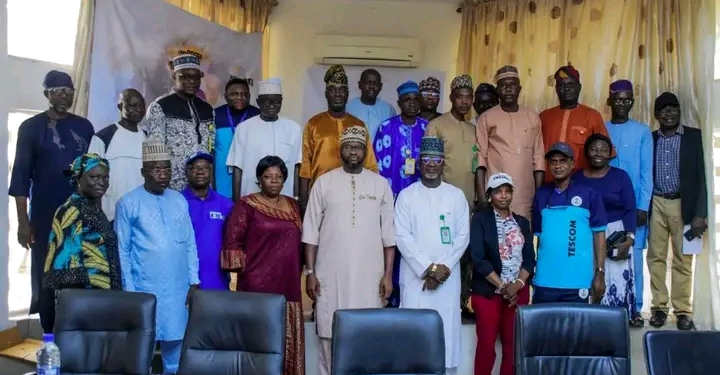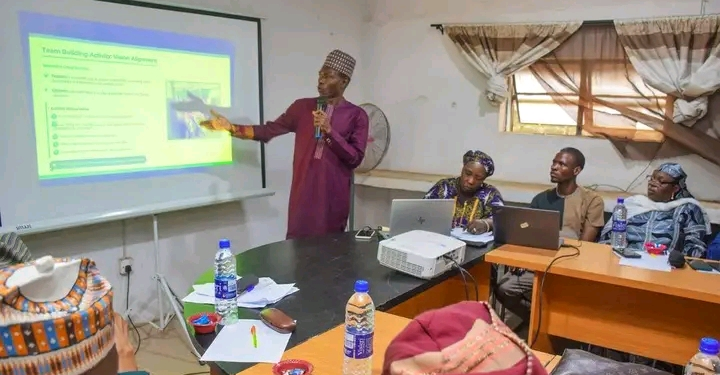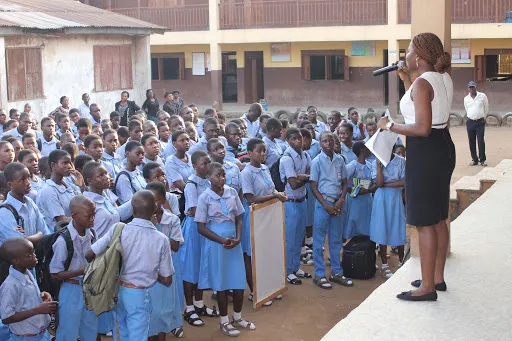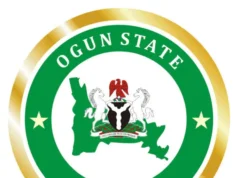The Kwara State Government has taken a bold step to transform education by officially launching a school census exercise that will cover every public and private school across its 16 Local Government Areas (LGAs). The initiative, led by the Ministry of Education and Human Capital Development through the Education Management Information System (EMIS), is designed to gather accurate and reliable data to support planning, reforms, and long-term investments in the state’s education sector.
Speaking during the launch at the ministry’s headquarters in Ilorin, Commissioner for Education, Dr. Lawal Olohungbebe, described the census as a “foundation stone” for evidence-based reforms. He warned that policy decisions made without credible data often lead to wasted resources and unsustainable outcomes. “Planning without accurate, timely data is planning for failure,” he said, urging education stakeholders to take the exercise seriously.
Table of Contents

Building a Culture of Accountability in Education
For years, one of the biggest challenges facing education in Kwara and many other states in Nigeria has been the absence of reliable statistics. Without knowing exactly how many schools, teachers, or students exist in the system, government planning has often been based on estimates. This, experts say, has led to overcrowded classrooms, misplaced resources, and underfunding in key areas.
Dr. Olohungbebe used the occasion to caution school heads against the culture of over-admission. According to him, admitting more pupils than a school can accommodate not only affects the quality of learning but also distorts planning outcomes. “We cannot continue to inflate our numbers or operate beyond our limits and expect the government to plan effectively. Integrity in data collection is crucial,” he stressed.
Professor Raheem Adaramaja, Chairman of the Kwara State Universal Basic Education Board (SUBEB), echoed the commissioner’s remarks. He noted that strengthening EMIS is key to improving governance in education. “This census is not just about counting; it is about building a culture where data guides every decision in our schools—from teacher deployment to budgeting and infrastructure provision,” Adaramaja said.

How the Kwara School Census Will Work
The school census, officials explained, will combine both traditional paper-based questionnaires and modern digital tools to ensure accuracy and efficiency. Mallam Adeshina Azeez, Director of Education Planning, Research and Development, said the hybrid approach will allow verification and cross-checking of records. This method also ensures that schools in rural areas without reliable internet access will not be excluded.
Enumerators will visit schools across all LGAs to capture information such as student population, teacher numbers, classroom conditions, facilities, and enrolment trends. Data from the exercise will be uploaded into the state’s central EMIS database for analysis. “What we are building is not just a one-time record but a living system that government and stakeholders can rely on for years to come,” Azeez explained.
Permanent Secretary of the ministry, Mrs Rebecca Bake, emphasised that the success of the census depends on collaboration. She urged principals, head teachers, and community leaders to cooperate fully with the census teams. “This is our collective responsibility. If we want education in Kwara to improve, we must provide the right information so that the government can make the right investments,” she said.

Broad Stakeholder Support and Future Outlook
The launch event brought together representatives from a wide range of bodies, including the Kwara State Bureau of Statistics, the Teaching Service Commission (TESCOM), SUBEB, the All Nigeria Confederation of Principals of Secondary Schools (ANCOPSS), the Association of Primary School Head Teachers of Nigeria (AOPSHON), and the Civil Society Action Coalition on Education for All (CSACEFA). Their participation underlined the broad consensus that accurate data is essential for accountability and inclusive growth in the education sector.
Several speakers commended Governor AbdulRahman AbdulRazaq for backing the exercise, noting that his administration has consistently prioritised education reforms. Over the past few years, the state government has invested in renovating classrooms, recruiting teachers, and improving learning outcomes. However, officials admitted that without reliable data, these efforts would remain limited. The census, therefore, represents an opportunity to direct resources where they are most needed.
The expected outcomes include better teacher deployment, reduced overcrowding, improved resource allocation, and policies that respond to the actual needs of students and teachers. By identifying gaps—whether in infrastructure, personnel, or learning resources—the government hopes to create a more equitable and efficient education system.
Beyond the immediate benefits, experts say the census could also position Kwara as a model for other Nigerian states. With data-driven planning, the state may attract additional funding from federal government initiatives and international partners who often require credible statistics before committing resources.
As Dr Olohungbebe reminded stakeholders, “This census is not an end in itself. What matters most is what we do with the data. If we collect accurate information today but fail to act on it tomorrow, then we have wasted our efforts. But if we use this as a roadmap, we will not only improve our schools but also secure the future of our children.”
Join Our Social Media Channels:
WhatsApp: NaijaEyes
Facebook: NaijaEyes
Twitter: NaijaEyes
Instagram: NaijaEyes
TikTok: NaijaEyes
READ THE LATEST EDUCATION NEWS




